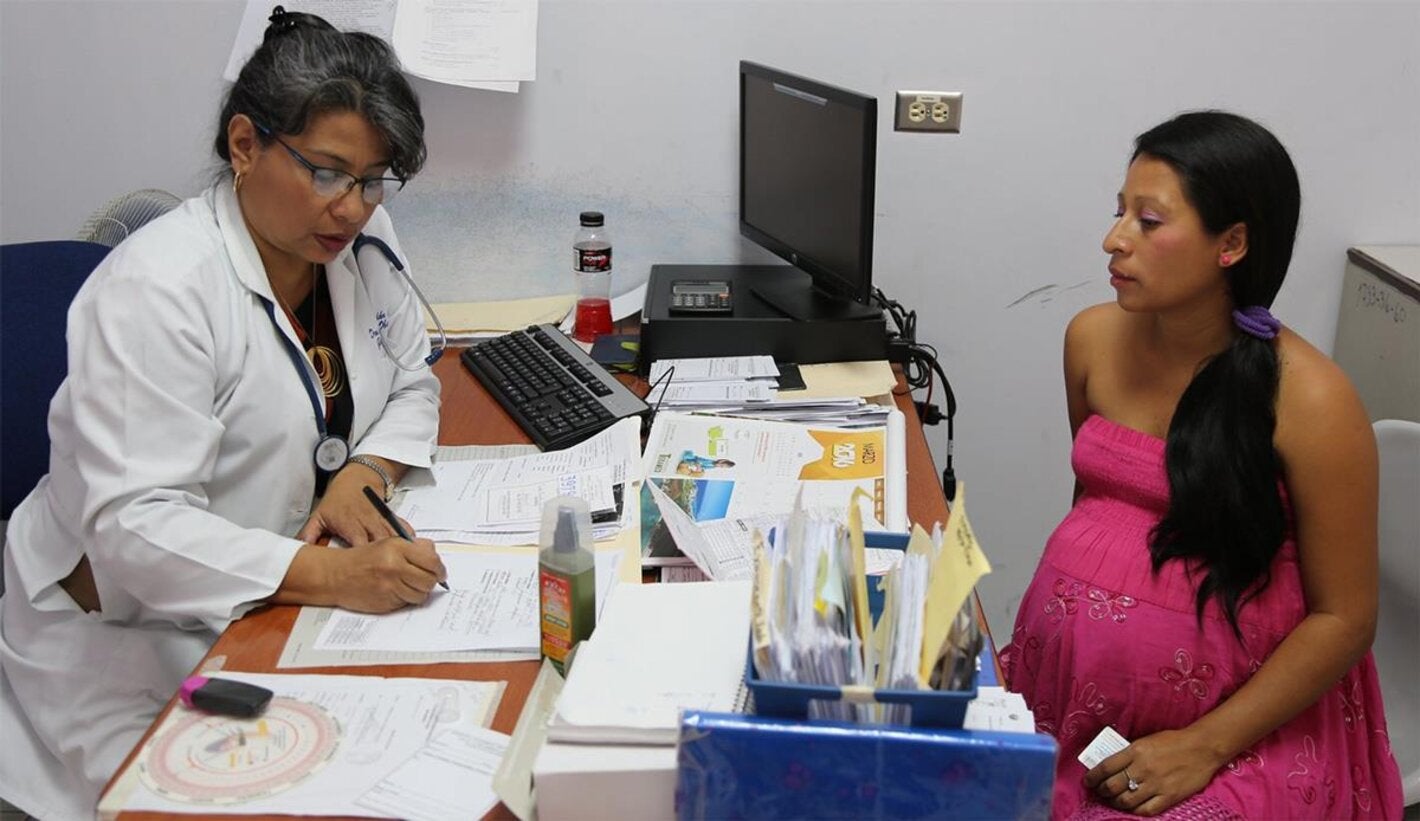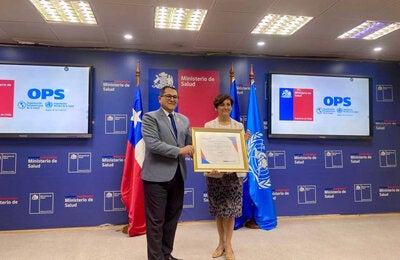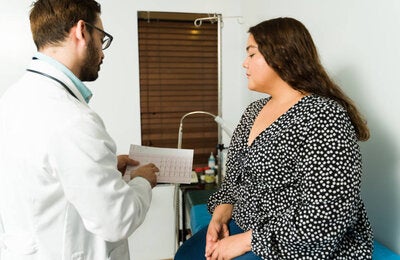
New evidence published by recipients of a Joint Small Grants Programme funded by HRP* and TDR**, with support from WHO’s Regional Office for the Americas (PAHO), highlights the valuable contribution of research conducted inside an emerging epidemic. It also emphasizes the critical importance of strengthening community-based research capacity in preparation for future health issues and emergencies.
A joint approach across WHO
‘Building opportunities during the Zika epidemic in the Americas: The case for strengthening research capacity,’ presents evidence from research teams in Brazil, Colombia and Peru, supported through an HRP/TDR/PAHO Joint Small Grants Programme.
Zika was declared an international public health emergency in 2016, following reports from Brazil of pregnancy complications and other fetal malformations linked to the virus.
An estimated 5–15% of infants born to women infected with Zika virus during pregnancy have evidence of Zika-related complications, but the risk of congenital abnormalities is still unknown. This has broad implications for health, social and policy issues in affected countries. A multi-disciplinary research agenda is essential for a comprehensive public health response.
Coordination between WHO- hosted special research programmes and the WHO regional office was an opportunity to identify evidence gaps and inform interventions in a complicated emergency setting, while at the same time strengthening research capacity.
Inequalities across populations
Research teams used a range of methods to address priorities including patient characteristics and pregnancy outcomes, preparedness of health professionals and system and behaviours around access to and use of family planning and early pregnancy care in the context of Zika virus.
Assessments of women affected by Zika in Brazil and Colombia found that the virus is closely linked to poverty and that women are disproportionately affected. In another study, mothers of children with congenital Zika syndrome reported feelings of blame and experienced an unequal burden of childcare and job loss.
Their findings strengthen knowledge of the relationship between infectious diseases of poverty, like Zika virus, and sexual and reproductive health and rights. Alongside gender, the supplement highlights other inequalities including race, socioeconomic status, occupation, age, disability and sexual preference which can influence people’s vulnerability to an epidemic.
Strengthening community-based research
The Zika outbreak itself changed rapidly over the period of research. These projects show the value of research conducted in the context of an emerging epidemic which can help shape public health response in real-time.
Given the unpredictable nature of epidemics, these projects also prove how essential it is to build strong community-based research in low- and middle-income countries. A critical mass of researchers can conduct investigations, share knowledge and help to lead effective epidemic responses in future.
--------------------------------
* HRP, the UNDP/UNFPA/UNICEF/WHO/World Bank Special Programme of Research, Development and Research Training in Human Reproduction
** TDR, the Special Programme for Research and Training in Tropical Diseases, is a global programme of scientific collaboration that helps facilitate, support and influence efforts to combat diseases of poverty. It is co-sponsored by the United Nations Children’s Fund (UNICEF), the United Nations Development Programme (UNDP), the World Bank and World Health Organization (WHO).



